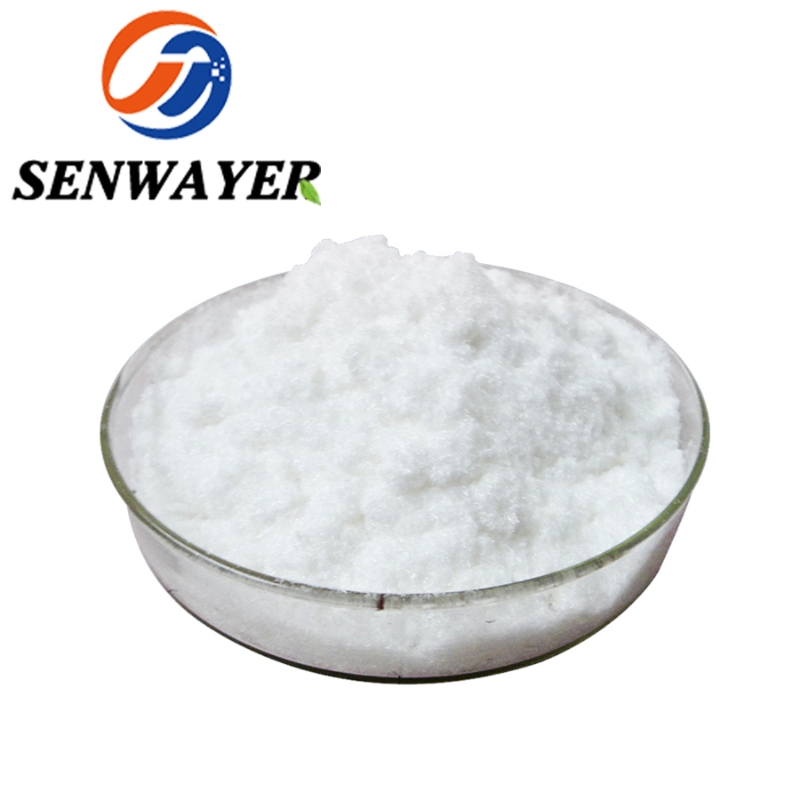-
Categories
-
Pharmaceutical Intermediates
-
Active Pharmaceutical Ingredients
-
Food Additives
- Industrial Coatings
- Agrochemicals
- Dyes and Pigments
- Surfactant
- Flavors and Fragrances
- Chemical Reagents
- Catalyst and Auxiliary
- Natural Products
- Inorganic Chemistry
-
Organic Chemistry
-
Biochemical Engineering
- Analytical Chemistry
-
Cosmetic Ingredient
- Water Treatment Chemical
-
Pharmaceutical Intermediates
Promotion
ECHEMI Mall
Wholesale
Weekly Price
Exhibition
News
-
Trade Service
Isavuconazonium sulfate is an antifungal medication that is used to treat various types of fungal infections.
It is often prescribed for patients who have a weakened immune system, such as those with HIV/AIDS, cancer, or organ transplants.
The drug is typically administered intravenously in a healthcare setting, and it works by blocking the growth of fungal cells.
When it comes to the safety of isavuconazonium sulfate, there are a few important factors to consider.
Firstly, the drug is generally well-tolerated when taken at recommended dosages and for the recommended duration of treatment.
However, as with any medication, there are some potential side effects to be aware of.
These can include nausea, vomiting, diarrhea, and constipation.
Less commonly, the drug can cause more serious side effects, such as allergic reactions, liver damage, or inflammation of the lungs.
One of the key safety concerns with isavuconazonium sulfate is its potential for interaction with other medications.
The drug can alter the way that other medications are metabolized in the body, which can lead to increased side effects or decreased effectiveness.
Therefore, it is important for patients to let their healthcare provider know about all of the medications they are taking, including over-the-counter supplements and herbal products.
This can help to ensure that the drug is used safely and effectively.
Another safety consideration with isavuconazonium sulfate is its potential for teratogenicity.
Teratogenicity refers to the potential for a drug to cause birth defects or other abnormalities in a developing fetus.
While there is limited data available on the use of isavuconazonium sulfate during pregnancy, the drug is classified as a Category C medication by the FDA.
This means that it has not been extensively studied in pregnant women, and its potential risks to the fetus are unknown.
Therefore, it is generally recommended that women who are pregnant or planning to become pregnant avoid taking isavuconazonium sulfate.
In terms of environmental safety, isavuconazonium sulfate is generally considered to be safe for use in the chemical industry.
The drug is not expected to have any significant impact on the environment, as it is broken down into harmless substances during metabolism.
However, it is still important to follow proper disposal procedures for any chemical products, to ensure that they do not pose a risk to humans or the environment.
Overall, isavuconazonium sulfate is a useful and effective medication for treating various types of fungal infections.
When taken at recommended dosages and under the guidance of a healthcare provider, the drug is generally safe and well-tolerated.
However, as with any medication, there are potential risks and side effects to be aware of.
It is important to carefully consider these factors and to follow proper safety protocols when handling and using isavuconazonium sulfate in the chemical industry.







